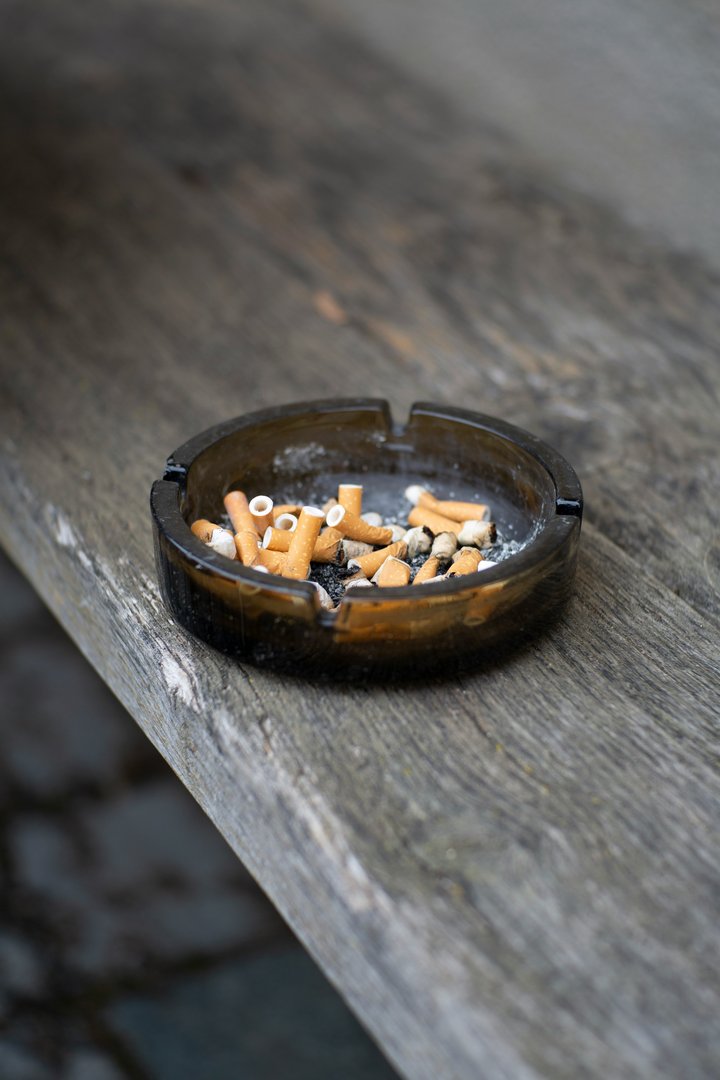“Asking questions is one of the best ways to grow as a human being.”
-Michael Hyatt
Years ago, a company named Enron started an advertising campaign titled: “Ask Why”.
This campaign was designed to show the viewer that people were able to make major discoveries, simply by asking why.
Children often ask “why” questions. They do this because they are, by definition, curious about the world. They are seeking to gain knowledge and they are inquiring as to whether there is a deeper meaning behind what it is that they are asking about.
In short, by not asking, one will gain no knowledge, however, by asking why and seeking to understand, one opens up the possibility to change their entire way of thinking.
One of the most recent “why” questions that I have heard is the following: “If smoking is forbidden on airplanes, why are there ashtrays inside the airplane bathrooms?”
I researched this and the answer that I found was truly enlightening.
Airlines are still required by the FAA to have ashtrays in their bathrooms, despite the fact that the FAA bans smoking on all flights.
Let me repeat that last statement. The same FAA that says one cannot smoke on a plane is the same FAA which requires that all airplane lavatories have an ashtray.
Why do they do this?
Because they are aware that there will be rulebreakers. They don’t want a small problem (smoking) to become a bigger problem (fire due to a lit cigarette).
So despite all the announcements about the prohibition against smoking. Despite the huge fines that a smoker will be penalized for smoking in flight. Despite all the other potential penalties that the smoker faces, the FAA said “Make sure there is an ashtray. We don’t want a small issue becoming an in-flight fire”.
This message is a very important message for parents.
We teach our children right and wrong.
We preach that they do what is right.
We threaten and punish, to prevent them from doing what is wrong.
But do we have an ashtray?
Do we have something inbuilt so that when our child does something wrong, it doesn’t become something worse (e.g. in their attempt in not getting caught)?
Do we recognize the fact that children will make mistakes, and we need to be there to assist them, even after a mistake?
Will your child call you for help when they’re drunk, or will the fear of being punished for being drunk cause them to avoid reaching out to you?
One specific area where we need “ashtrays” is when it comes to child sex abuse prevention. Parents speak with their children about “good touch-bad touch” and never “letting” anyone touch private parts, and other important tips.
But what happens when the child isn’t able to withstand the pressure and cunningness of an abuser?
Is there an “ashtray” for the child?
Does the child know that they can come to their parents? Or do they believe that they will be in trouble for not listening to the parents original instructions, the instructions that said to “say no” and “not let it happen”?
As much as I despise both Enron and smoking, there are major life lessons to be learned from both.
- Don’t be afraid to ask why. It might enable you to open your mind and start seeing the world in a way that you haven’t seen it until now.
- Don’t assume that rules will be followed. Make sure that you have contingencies in place to assist when the rules/advice is ignored.


 Jerusalem
Jerusalem
Comments (0)
Add Comment
Login to join the discussion